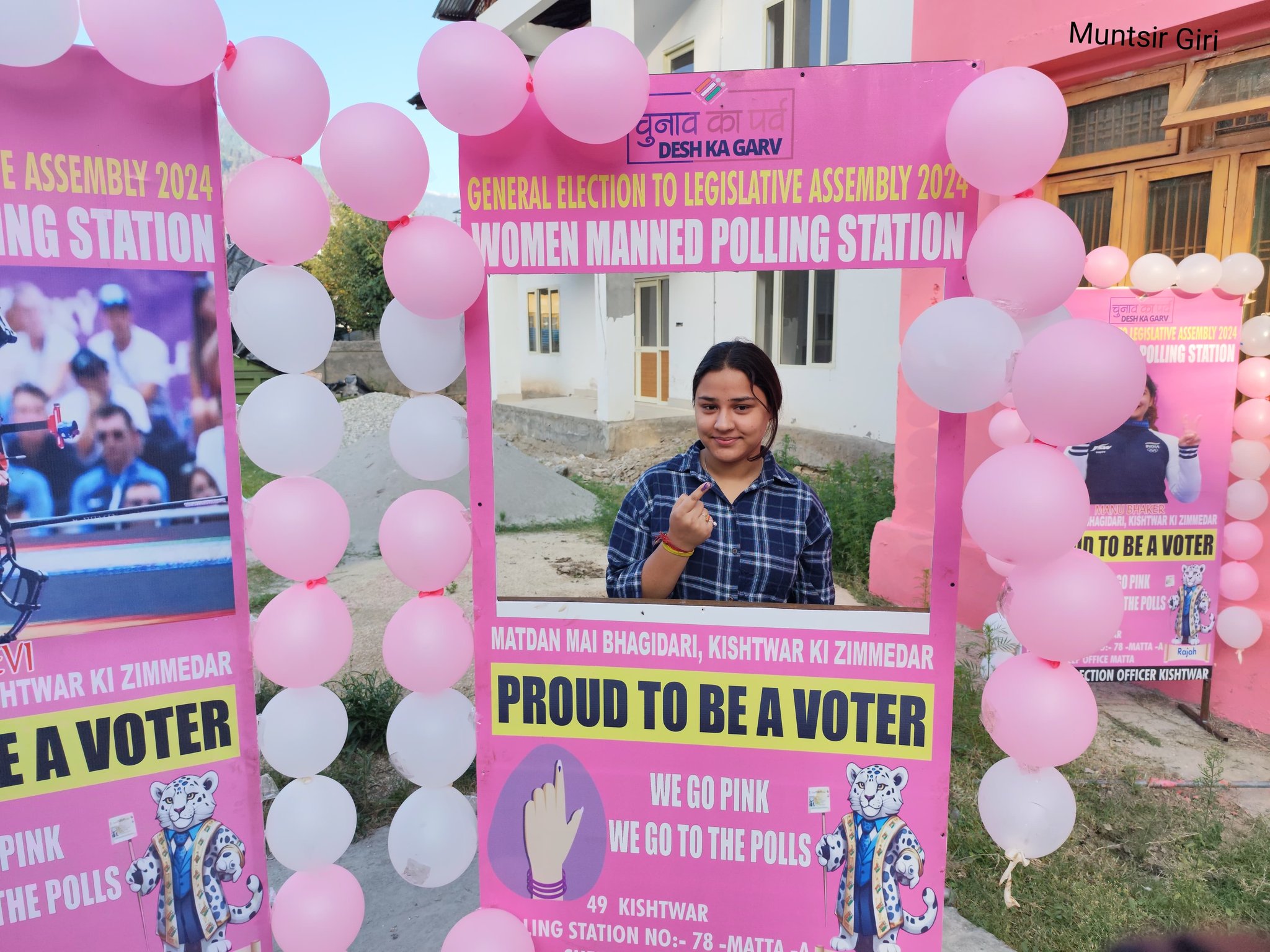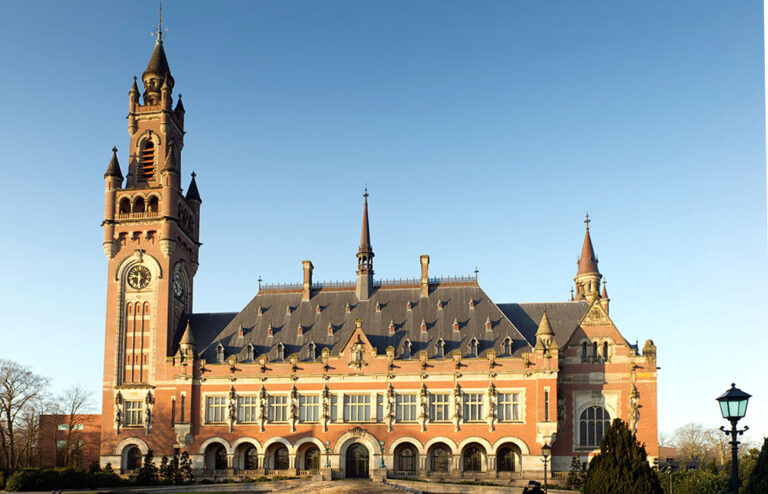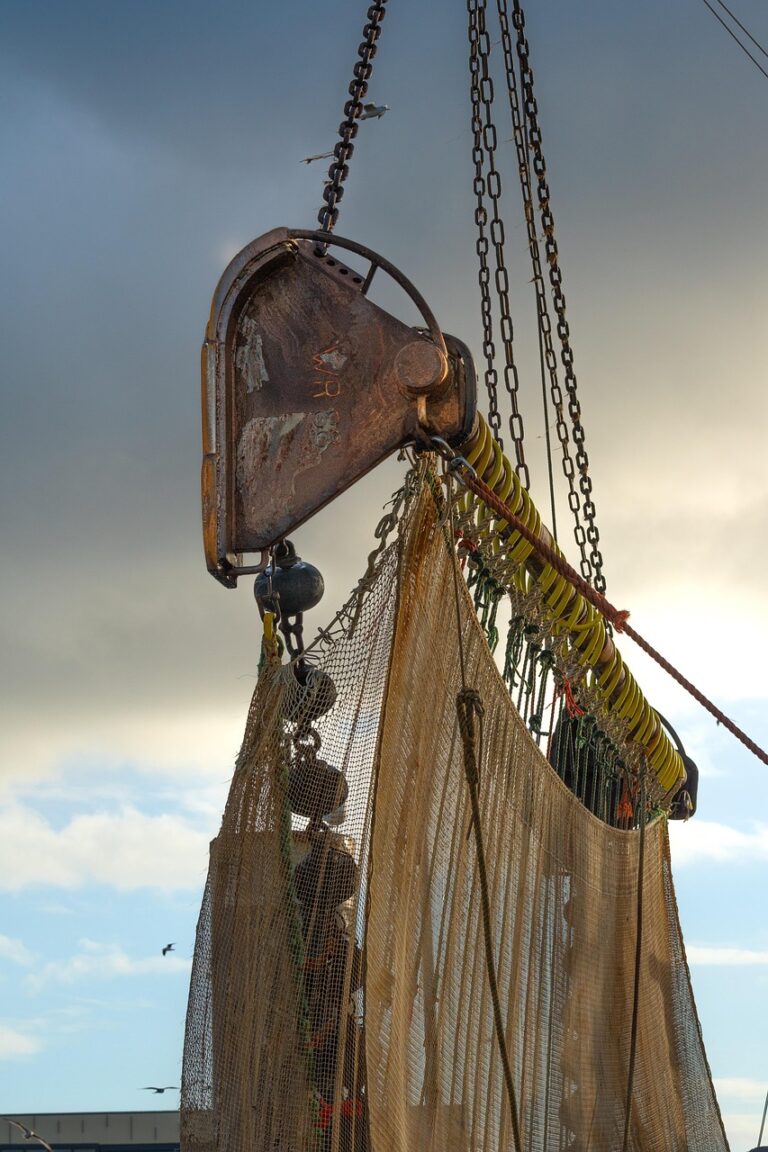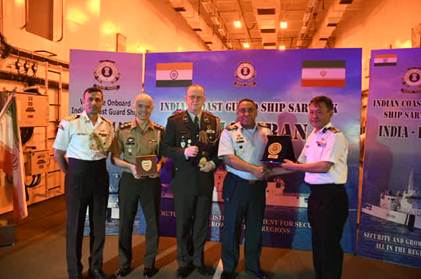
New Delhi: Given India’s prevailing, multi-party system and political diversity, implementation of the ‘One Nation One Election’ (ONOE) proposal could be an uphill task, rather tricky and also impossible without the Opposition fully agreeing to it.
Single election for Lok Sabha and State Assemblies is a sound policy for governance, administration,
The Union Cabinet, while clearing the ‘One Nation One Election’, did not mention any timeline, but hinted that a Bill on the same is expected in Parliament during the coming Winter Session. The earliest possible simultaneous elections under this plan is in 2034. The government is tight-lipped on when exactly the ‘One Nation One Election‘ regime will be implemented. The ruling Bharatiya Janata Party, in its election manifesto during the last Lok Sabha election, promised ONOE by 2029. In this regard, the government accepted the proposals of a high-level panel headed by former President Ramnath Kovind.
The Bill requires support from the Opposition and non-National Democratic Alliance (NDA) parties to push amendments to the Constitution, for which three ministers have been tasked to coordinate with political parties. Sources say that the amendments may be introduced in the coming Winter Session, even as Union Home Minister Amit Shah earlier stated on September 17, 2024, that the government intended to implement the move within the current term of the BJP-led NDA Government. Sources say that matters may not move so speedily, since the NDA lacks the required numbers in Parliament to get it done.
The plan envisages a two-stage transition. The first, involving simultaneous polls for Lok Sabha and State Assemblies, will need an amendment to the Constitution, which will need to be ratified by both Houses of Parliament with a two-thirds majority. To implement the second step—holding elections to local bodies within 100 days of general elections—a second Constitutional amendment will be required, which will need to be ratified by at least half of the States.
As a way forward, the government will have to introduce Article 324A through a Constitutional amendment to mandate simultaneous polls for local bodies, Assemblies and the Lok Sabha. It also needs to amend Article 325 to mandate a single electoral roll and a single elector’s photo ID for all polls. The President should issue a notification on the first day of the Lok Sabha after the general election, declaring that the tenure of any Legislative Assembly to which elections are held after this date would only be valid until the next Lok Sabha polls. Amendments to Article 83 (duration of Houses of Parliament) and Article 172 ( duration of State Assemblies) to reflect that polls held after a hung house or no-confidence motion would only be valid for the remaining term of the Lok Sabha.
Once the amendments are undertaken, the President will notify the “appointed date” for holding simultaneous polls. The tenure of State Assemblies will expire from the appointed date. This means that the tenure of several State Assemblies will be curtailed. In the case of State Assemblies getting dissolved on account of a no-confidence motion or a hung House, fresh elections will be held along with Lok Sabha polls. On the other hand, the Election Commission and state chief election officers will have to work on common electoral rolls. This means, there will be only one voter card, that could be used for Parliament, Assembly and Local Bodies as well.
Opposition parties led by the Congress Party took a strong objection to ONOE. Calling the proposed move “impractical” and “against the Constitution and federalism”, the opposition parties have also raised concerns about local and regional concerns getting subsumed by national issues. Holding all polls simultaneously will also require a lot of manoeuvring, including advancing some elections and delaying some others. Some have doubted the practicality of taking such steps.
Opposition parties had also complained that it would undermine the provisions of the no-confidence motions as the fall of a government potentially entails mid-term polls. Some likened it to the Women’s Reservation Bill, which was introduced with great fanfare but has yet to be implemented. The Opposition contended that the third Modi government does not have the numbers in Parliament to see through the Constitutional amendments required to operationalise ONOE, making this another ‘jumla’ (windbag).
The Kovind panel had written to 62 parties, of which 47 responded. 32 parties supported the move and 15 opposed it. There has been some realignment since and the BJP’s numbers have also come down in the Lok Sabha. The All India Congress Committee (AICC) president Mallikarjun Kharge said that ONOE is “not practical, it will not work. When elections come and they do not have any issue to raise, they do this to divert attention from real issues”. The AICC general secretary, Jairam Ramesh slammed the idea, saying the party continues to oppose this “Hare-brained scheme “.
The Trinamul Congress and the Aam Aadmi Party described the move as another effort by the BJP to centralise power and it questioned how this was doable when the Election Commission could not manage to conduct the elections in Maharashtra along with the ongoing polls in Jammu & Kashmir and Haryana.
Communist Party of India (Marxist) leader and Kerala Chief Minister Pinarai Vijayan said that the move “escalates efforts to undermine India’s federal system. This Sangh Parivar move to push Presidential rule and subvert Constitutional values must be resisted. Democratic forces must unite against this”.
Akhilesh Yadav of the Samajwadi Party ridiculed it saying, “ When the BJP topples the elected government of any state, will the elections of the entire country be held again? “.
*Senior journalist





